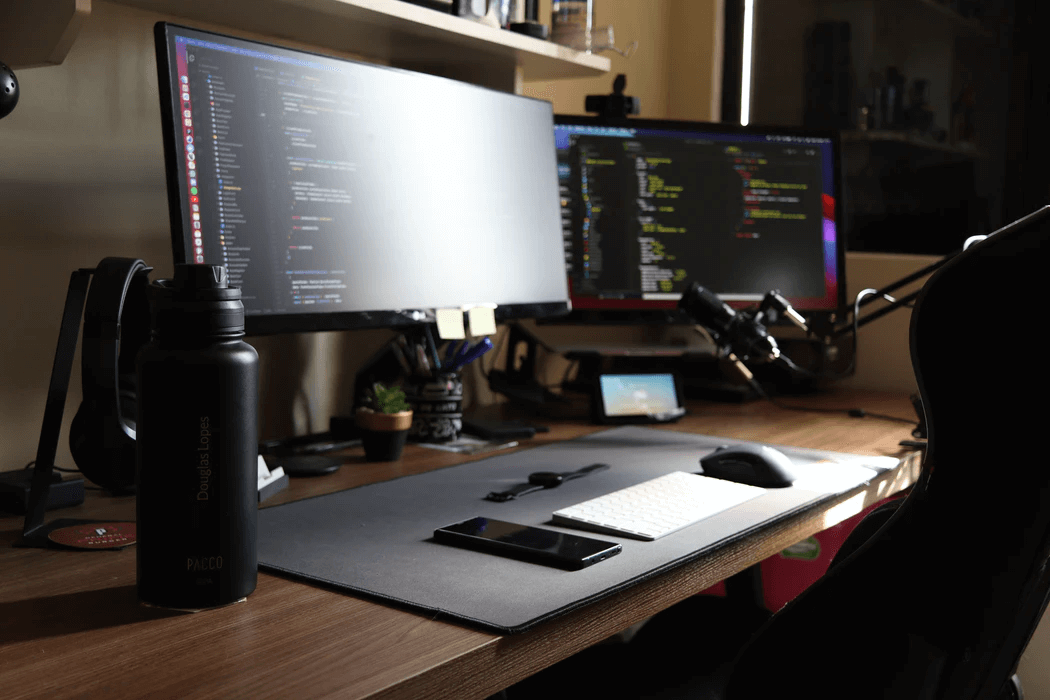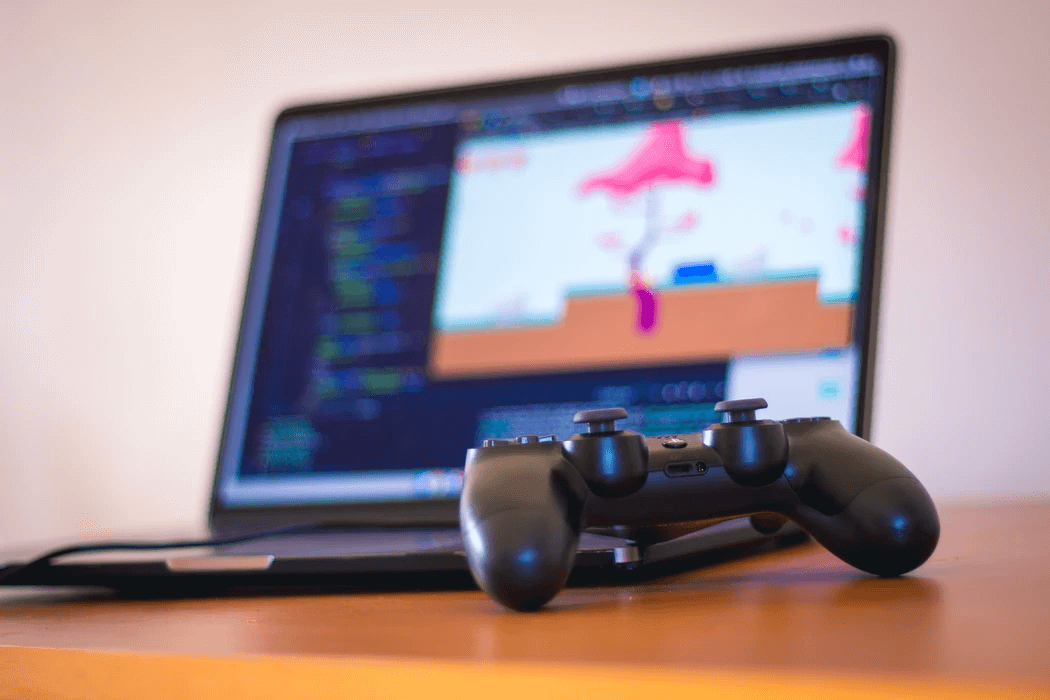Gaming laptops are the fast-moving pieces in the tech market these days. Most people game to take a break, so the question arises, are these laptops good for other uses? Coding can’t be generalized to just one term, it is a vast topic with so many variables. Are you developing an interface, games, learning basic coding and so much more?
To scale tasks, data handling is a high-end job with a need for a very fast processor, sometimes even a good GPU. While, a web dev task is very basic and can be done with a generic laptop itself. Similarly, UI/UX development also doesn’t need extra processing power because they’re not tasks which render an output.
Tasks requiring a fast GPU would be video rendering and game development. A full-time game developer would be better off with a custom-built desktop workstation. Seeing the powerful configuration of most gaming laptops coming out now, we would say they can get the job done. However, let’s dig deeper into the specifics.
Gaming laptops in a nutshell
Gaming laptops are powerful machines that are made specifically to run graphics oriented, power-driven applications. These games can’t be played smoothly (or sometimes not even be opened) on a regular office laptop.
Gaming laptops are built with a high refresh rate screen, mighty processor with a high frequency, highly efficient cooling system, a very efficient GPU and most importantly the fastest RAM. Most of them also come with highly configurable RGB lighting to make the experience more aesthetically pleasing.
Can I use a gaming laptop for Coding?

When looking into a machine for your coding needs, you need to look for an efficient machine. A powerfully configured laptop can be completely useless if it is built without checking for compatibility. Like, configuring an Intel Pentium processor (the lesser powerful processor) with 12 GB of DDR5 RAM and expecting it to run fast or even an i7 processor (fast processor line-up) without a GPU and expecting a nice gameplay won’t make sense.
As per coding needs, an overly fast machine is not needed just for coding, although it needs to be smooth. While working, it is advised to have a smooth and reliable computer because it makes the experience nicer. Without one, your motivation to work will fade.
So, yes, it would be ideal for your coding computer to be fast. Not just for your coding needs, but for your overall experience and to deliver a much better output.
Do I need lots of RAM for coding?
RAM or random access memory is the most important component to make a computer run smoothly. A decade ago, the average RAM capacity on any computer didn’t go beyond 512 MB. Now, any daily use computer has at least 8 GB of RAM in it.
Gaming laptops come with 12-16 GB of RAM and some of them have a slot for you to add an extra RAM card. Many games require that kind of specifications, this might be a lot for your coding needs.
To answer this question, we would again refer to the kind of coding you are into. Power-driven codning, which processes a lot and requires more memory power, would take up quite a bit of RAM.
It would be ideal to have up to 32 GB of RAM only if you professionally code for game development, or work with high definition graphic rendering. Otherwise, your needs would be met by the normal RAM capacity. Although, it is important to focus on the RAM type. RAM is developed in different types, DDR5 is the latest, fastest type. DDR stands for Double Data Rate. Anything less than DDR4 would be old, slow and outdated technology.
What kind of processor is ideal for coding?
Processors are the brain of a computer. It processes your commands and data and executes them smoothly. It uses all the other components like RAM, GPU and hard drive to do so.
Talking about gaming laptops, they come with the options of the latest and fastest processors. For example, in 2020, the ideal processor for gaming would be the Intel i5 or i7 10th generation processor or a counterpart in the Ryzen series. It delivers what most of the heavy games require in terms of processing power.
For coding needs, there’s no one word answer to this. Your needs will only be met by a system of the right components. As in, you have to choose all, a good RAM with the right capacity, a fast processor and a fast hard drive or preferably even an SSD.
Is a gaming laptop also a good coding laptop?
Gaming laptops are big machines and run on a professional version of Windows on a stock build. They’re considered all-rounders because of their power, and they will be ideal for your coding needs overall. It is also very convenient to have all your work on one device, rather than one for work and one for personal lives.
Ultrabooks, like the XPS or MacBooks come with similar speed. Although, they’re incompatible with heavy gaming applications and their build quality is not suitable for it either.
Linux based operating systems are also much better for coding needs since the language is much more user-friendly. Mac’s OS has an application called terminal, which is far superior to its windows’ counterpart – command prompt (cmd). This is because it uses a high-level language (HLL) while cmd runs on DOS. The advantage for gaming laptops is that their processors are built to handle the second OS on the hard drive. Free Linux based operating systems run buttery smooth on these.
So ideally, it is OK to use a gaming laptop for your coding needs, if you’re serious about it, then take that opportunity to invest on a better laptop that will last you longer and satisfy your needs much better.
So, which one should you buy? The answer lies in your hands. Gaming laptops are definitely an investment, but if you are only going to be using it for coding, you’d rather invest a little extra money and get a better laptop. However, if you’re very passionate about gaming and taking up coding as a hobby, you will do just fine with an affordable gaming laptop. But always keep in mind that your work needs to be professional enough, and having the right equipment can take you a long way forward.

